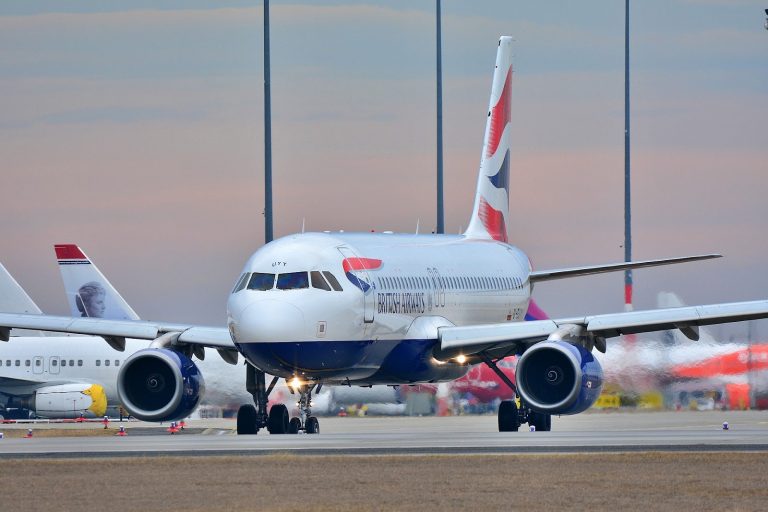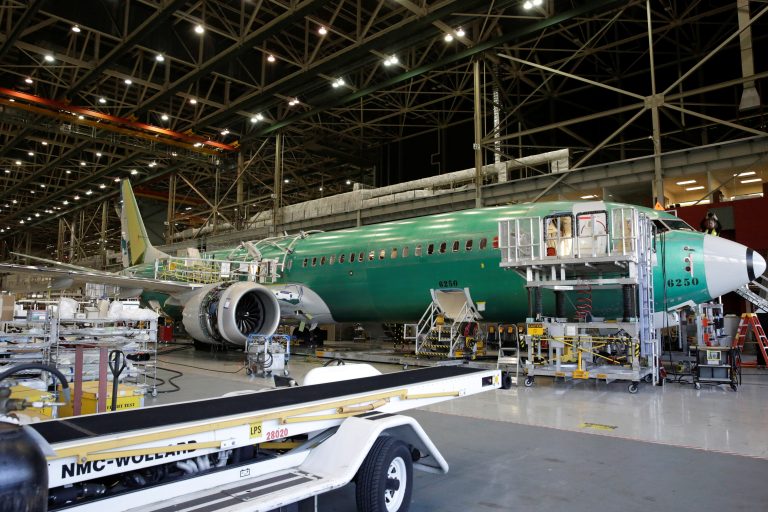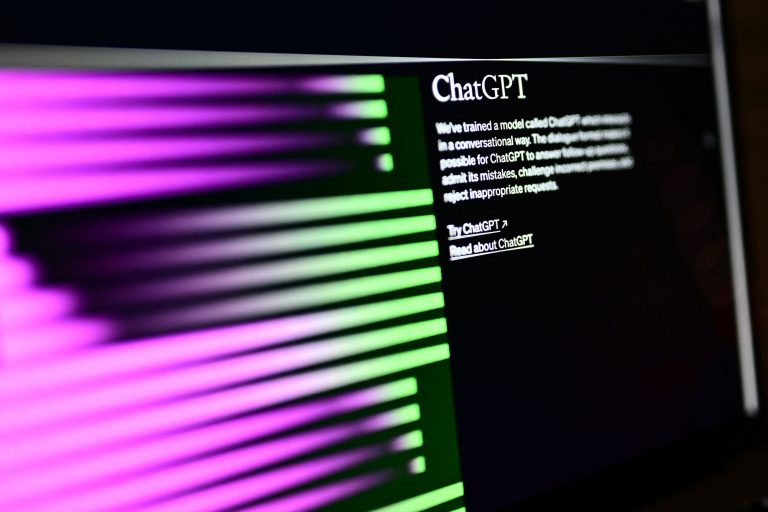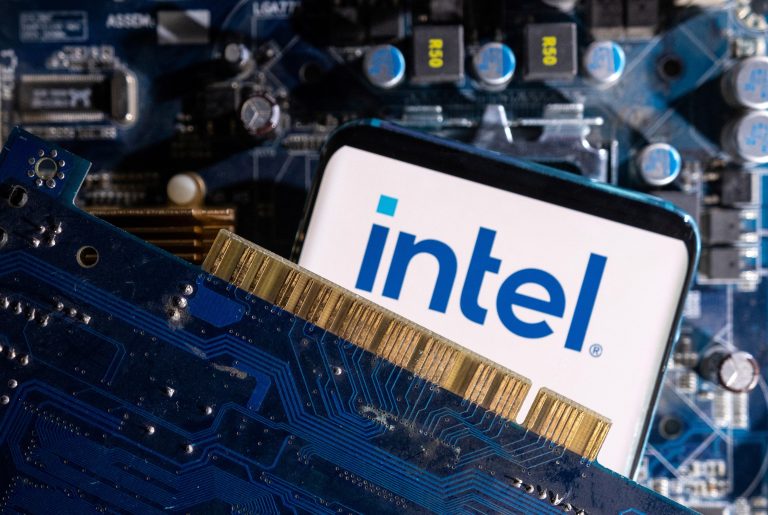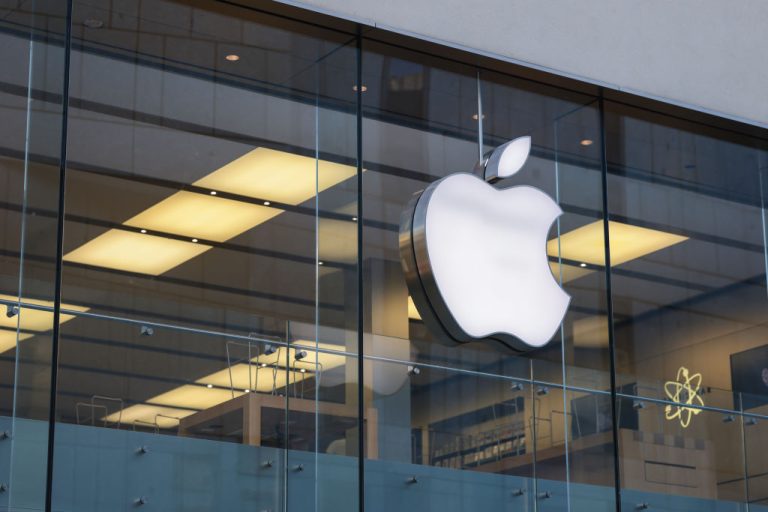Verizon and AT&T have announced that they are delaying the rollout of 5G networks within two miles of American airports. 5G deployment in other regions of the country will continue as scheduled and will be live from Jan. 19. The decision comes after several U.S. airline operators had warned that 5G networks within the vicinity of airports could make many aircraft unusable.
“At our sole discretion, we have voluntarily agreed to temporarily defer turning on a limited number of towers around certain airport runways as we continue to work with the aviation industry and the FAA to provide further information about our 5G deployment, since they have not utilized the two years they’ve had to responsibly plan for this deployment,” AT&T said in a statement to USA Today.
Verizon confirmed that they have decided to avoid 5G networks around airports. The company blamed the Federal Aviation Administration (FCC) and airline operators for not being able to “fully resolve navigating 5G around airports.”
In over 40 other countries, 5G networks have been deployed at airports and have proven to be safe, it stated.
A day earlier, the CEOs of some of the largest airlines in the United States had asked federal authorities to immediately block the two telecommunication companies from installing 5G tech within two miles of airports.
Success
You are now signed up for our newsletter
Success
Check your email to complete sign up
In a letter seen by Reuters, the airline operators warned of an impending “catastrophic” aviation crisis if 5G networks were installed. Such a move could cause many widebody aircraft useless and end up stranding “tens of thousands of Americans overseas.” This will result in chaos for American flights.
“Unless our major hubs are cleared to fly, the vast majority of the traveling and shipping public will essentially be grounded… This means that on a day like yesterday, more than 1,100 flights and 100,000 passengers would be subjected to cancellations, diversions, or delay,” the letter said.
The specific concern of airline operators is regarding the 5G tech using a new band of radio frequencies named the C-Band. They fear the tech might affect altimeters, which are equipment on planes that measure how far an aircraft is above the ground. The equipment is a critical aid to pilots when they attempt to land in low-visibility conditions. Altimeters operate on C-Band frequencies.
The FAA had also warned that 5G interference could end up affecting some plane instruments like altimeters. It had directed Boeing planes to observe some extra procedures while landing on snowy or wet runways where 5G tech has been installed. The agency warned that the network could interfere and delay thrust reversers in Boeing 787.
In other countries, 5G is coexisting with aviation because in these nations, power levels have been reduced around airports and industries have worked together to deploy the tech successfully, the agency stated. After AT&T and Verizon announced delaying 5G implementation near airports, U.S. President Joe Biden issued a statement thanking the wireless firms.
“This agreement will avoid potentially devastating disruptions to passenger travel, cargo operations, and our economic recovery while allowing more than 90 percent of wireless tower deployment to occur as scheduled. This agreement protects flight safety and allows aviation operations to continue without significant disruption and will bring more high-speed internet options to millions of Americans,” Biden stated.



